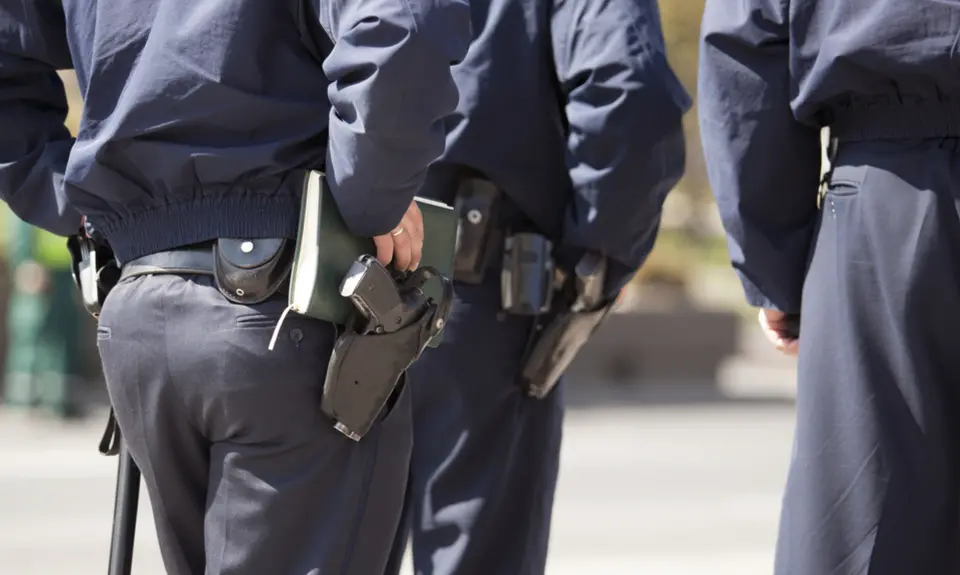Judge Eunice Lee, nominated by President Biden to the US Court of Appeals for the Second Circuit, wrote a 2-1 decision reversing a lower court and allowing a lawsuit to go forward on the claim that police improperly fabricated evidence that Tommy Barnes sold drugs. Trump judge Richard Sullivan dissented. The May 2023 decision was in Barnes v. New York.
What is this Case About?
Three New York City police officers arrested Tommy Barnes and claimed they saw him selling illegal drugs. Based on statements from the officers, he was prosecuted for drug sale, although he contended he was innocent of that charge and that the officers had fabricated evidence against him. In fact, although convicted of drug possession, he was acquitted of drug sale after a jury trial.
Acting as his own attorney, Barnes then filed a civil lawsuit against the officers and the city. One of his key claims was that the officers had fabricated evidence against him by falsely claiming that he was selling drugs. More specifically, Barnes maintained that he was talking to a friend when the officers arrested him for drug sale, that they “knowingly lied” to the prosecutor in reporting that they saw him selling drugs, and that the “fabricated evidence” that he was selling drugs led to his prosecution and trial for drug sale, even though he was acquitted.
The district court dismissed Barnes’ complaint, including the fabricated evidence charge. The court claimed that Barnes did not allege a “deprivation of liberty” because of the fabricated evidence and the drug sale charge since he was in custody and convicted anyway because of drug possession. Barnes appealed to the Second Circuit.
How did Judge Lee and the Second Circuit Rule and Why is it Important?
In her opinion for the court majority, Judge Lee ruled that the lower court and the dissent were wrong in claiming that Barnes had to allege a specific deprivation of physical liberty caused by the fabricated evidence itself. Precedent is clear, she explained, that Barnes can seek “redress” under the Constitution for his prosecution on the drug sale charge that he contends was “tainted by fabricated evidence.” The improper prosecution based on the fabricated evidence was itself a “deprivation of liberty,” Lee continued, because Barnes was “framed and falsely charged,” the prosecution damaged his reputation by accusing him of “being a drug dealer”, and he was required to “mount a defense” to the false charges in court. In short, Lee concluded, the officers violated Barnes’ constitutional rights by “creat[ing] false information likely to influence a jury’s decision” and causing an “unfair prosecution and trial” on drug sale charges.
The court majority accordingly vacated the dismissal of Barnes’ fabricated evidence claim and sent it back to the lower court. Barnes can now proceed to try to prove his charge and to recover damages and other relief to hold the police officers accountable for their misconduct.
In addition to the significance of the decision to Barnes, Lee’s opinion is important in helping vindicate the right of individuals to hold police officers accountable for misconduct in fabricating evidence and lying to prosecutors and juries. Hopefully such decisions will help deter such police misconduct in the future. In addition, the ruling provides another illustration of the importance of promptly confirming fair-minded Biden nominees like Judge Lee to our federal courts.
